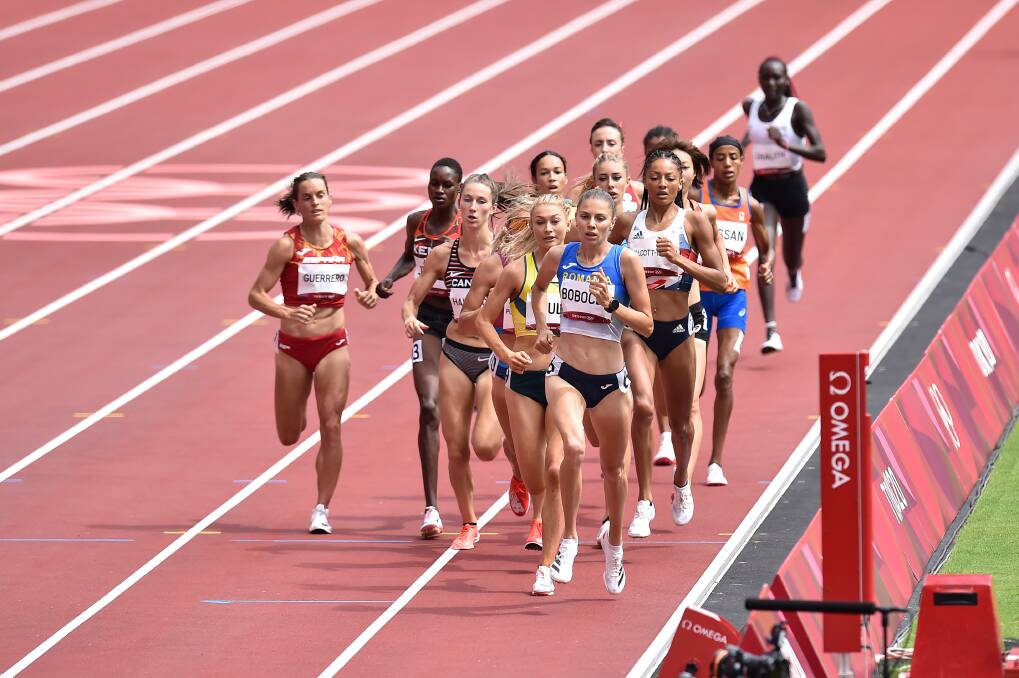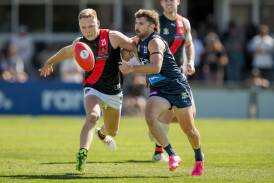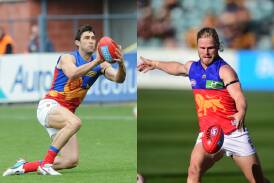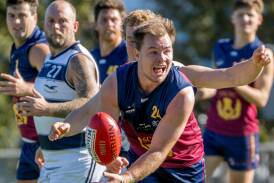
There's still some doubt about what the eventual solution will be, but the Paris 2024 Olympics will finally deliver an athletics program with the same number of events for men and women.
Subscribe now for unlimited access.
$0/
(min cost $0)
or signup to continue reading
Tokyo, it seems, will have been the last city to host an Olympic 50km race walk event - albeit that it actually ended up being staged in the northern Japanese city of Sapporo.
It represented the only inequality remaining between the list of events for males and females - casting aside the nuances of the straight hurdles races being of different distances and the combined event for men having ten disciplines and that for women only seven.
And to be completely transparent - the heights of the barriers in hurdles and steeplechase and the weights of the throwing implements differ between the sexes.
There still seems no appetite among the heptathletes and their coaches to move to a decathlon even though the specifications for the women's event have long been part of the international rules - at least since 2003 when Tasmania first toyed with a state championship for women over the ten events.
For a long time it was also a similar story in terms of potential female interest in the 50km walk.
Whenever the question was asked of the top women walkers whether they wanted the option of tackling the distance the answer was almost invariably along the lines that they had more sense than that.
But by 2017 there was a different view.
There was an acceptance that parity would be an admirable goal and those with influence in the sport thought that the world race walking teams championships in 2018 might be a good platform from which to launch - giving sufficient women the chance to adjust their training to put on a respectable showing.
That was not enough for a couple of older female walkers from the US who decided that the litigious process would be a better way to go - ultimately using the European law to force the then IAAF to stage the event at very short notice at the World Championships in London in 2017.
The event was prevented from being a complete farce when, with less than a month's notice, three other countries were able to enter athletes to produce a field of seven, with Portugal's Ines Henriques winning from the Chinese pair - Yin and Yang.
READ MORE: Bendigo Spirit ready for Tassie fever
Similar litigation to get the event on the program for Tokyo failed - with many decision-makers at the same time losing faith in a process which delivered an outcome that was not ideal, however well-intentioned it may have seemed.
For the time being there will only be two individual race-walking events on the Olympic program - the 20km for each of men and women.
The plan is for some form of mixed event over the newly recognised championship distance of 35km, but the exact format remains to be decided - possibly a relay or a teams' event.
The 50km, despite being a great test of skill and endurance, was probably on its last legs as an event, even for men - with declining numbers at the elite end and almost no interest at national championship level in many countries, including Australia which had enjoyed a proud history in it.
That parity has been delivered should keep a vocal minority happy for a short time at least - although there are already rumblings of a litigious course to impose the decathlon on women athletes whether they support it or not.
READ MORE: Ellie La Monte signs for Launceston United
These two battles have represented a final frontier for equality - but in many ways provide a sharp contrast to some of the other campaigns that took way too long to succeed.
Women did not run longer than 800 metres at the Olympics until 1972 when the 1500m was added.
Then slowly and often begrudgingly came the advent of the 3000m, 400m hurdles and marathon (in 1984), the 10,000m (in 1988), race walk (in 1992), the triple jump (in 1996), the pole vault and hammer (in 2000) and eventually the 3000m steeple at Beijing in 2008. The 5000m replaced the 3000m in 1996.
What's interesting - and admirable - is that in virtually every such instance Australian women administrators and athletes were the trailblazers in advocating for and achieving change.
Our journalists work hard to provide local, up-to-date news to the community. This is how you can continue to access our trusted content:
- Bookmark www.examiner.com.au
- Make sure you are signed up for our breaking and regular headlines newsletters
- Follow us on Twitter: @examineronline
- Follow us on Instagram: @examineronline
- Follow us on Google News: The Examiner










